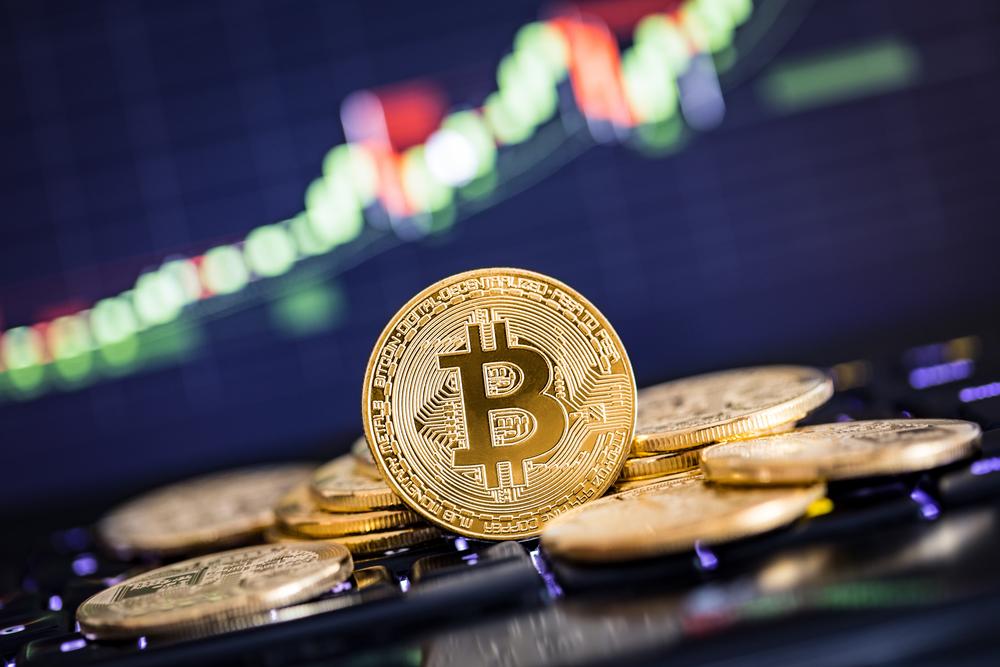- The central bank of Venezuela owns Bitcoin (BTC) and Ether (ETH) to hold financial reserves and remain solvent.
- The aim is to fight the hyperinflation and the sanctions from the west.
Venezuela launched its own digital national currency, the “Pedro”, on the market in April last year. The Pedro is said to be covered by the country’s oil reserves and should thus offer a stable value in the severely weakened Venezuelan economy. Venezuela has the third largest oil reserves in the world, so the assumption that the Pedro is completely covered by oil may well be true. So far, however, this has not been confirmed by any independent audit.
Nicolas Maduros, President of Venezuela, has for some time been facing strong sanctions from the West, which have a strong impact on the national currency (Venezuelan bolivar). In May 2019, the inflation rate reached an all-time high of 815,194 percent. The country’s own cryptocurrency was created to put a stop to the sanctions and to try to combat persistent hyperinflation and bring an upswing for the economy.
In the United States of America, as well as other countries politically aligned with the United States, the use of Pedro was strictly prohibited. According to a recent Bloomberg report, the Central Bank of Venezuela is therefore holding positions in Bitcoin (BTC) and Ether (ETH) in order to have a financial reserve available for further sanctions.
Bitcoin and Ether as crisis hedges?
Bloomberg has information from four people who are familiar with the matter. Thus, the Venezuelan central bank is currently conducting internal tests and research to determine whether they are allowed to hold cryptocurrencies in their treasury. These efforts are based on instructions from the state-owned Petreoleos de Venezuela SA (PDVSA, the largest oil company in Latin America), which sends Bitcoin and Ethereum to the central bank and has the suppliers of the oil company paid by the monetary authority.
Currently, employees of the central bank are investigating whether it is possible to credit cryptocurrencies against international reserves and thus have liquid funds available. The country’s reserves are at a three-year low of just under USD 7.9 billion. The sanctions have severely weakened the country and pushed inflation to unprecedented levels. Venezuela is therefore looking for ways out of the crisis. Cryptocurrencies play a central role because they are not controlled by any central institution in the world.
States can enact laws to ban Bitcoin and the like, but they cannot switch off Bitcoin. So far it has not been conclusively clarified how PDVSA came into possession of Bitcoin and other cryptocurrencies.
Larger international banks are currently reluctant to do business with the sanctioned company PDVSA. Most recently, the company received a $700 million payment in Chinese yuan as it becomes increasingly difficult to find willing buyers for the oil.
Can Bitcoin solve the crisis?
Bitcoin is seen as a potential store of value by many countries around the world facing a similar situation. It is therefore not surprising that Venezuela is trying to find ways out of the crisis using new technologies such as the blockchain and Bitcoin. The Venezuelan government is even considering dismantling the SWIFT system and switching to an international payment system operated by Russia.
Bitcoin’s price is currently showing a significant downward trend, dropping by -4.12% to USD 7,982.33 in the last 24 hours.

Whether Bitcoin can save the weakened Venezuela or help to improve the situation remains to be seen.





